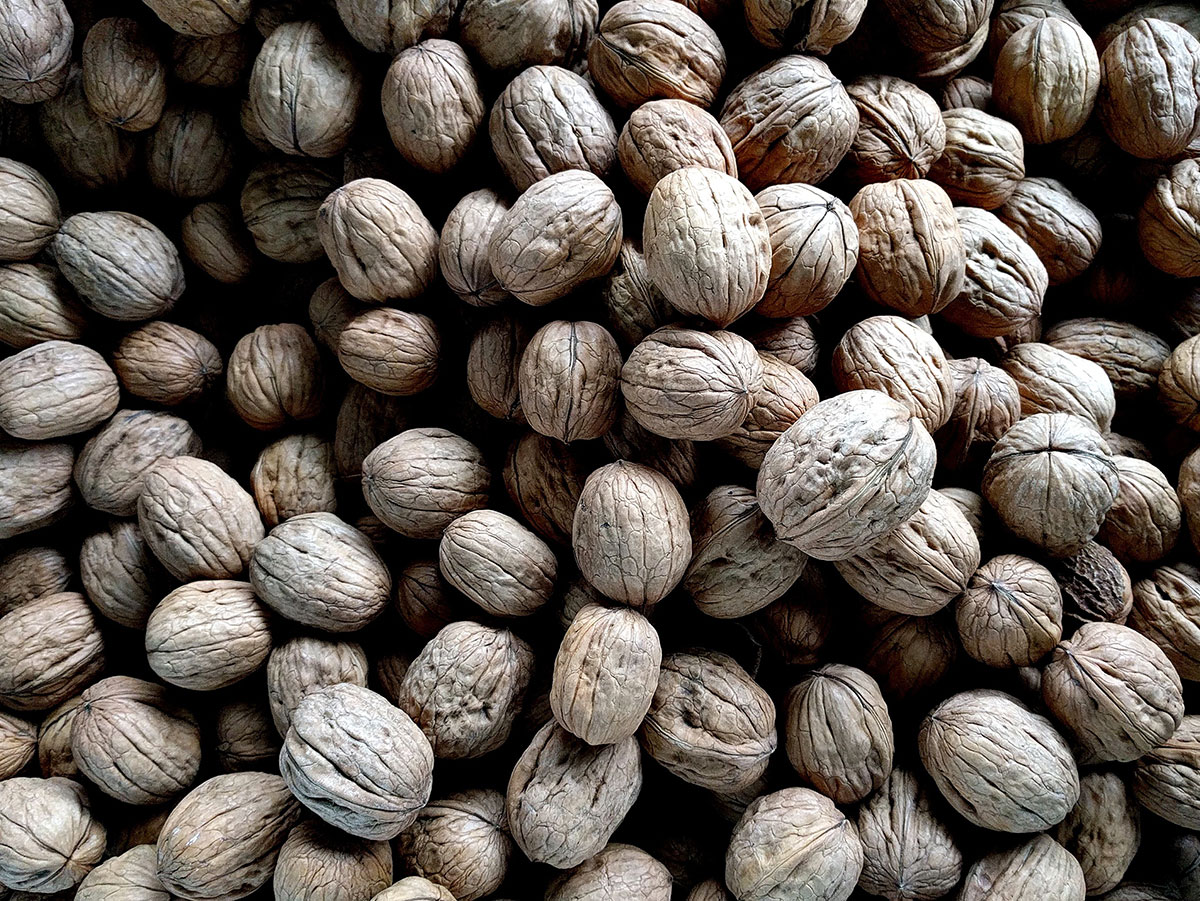Veganism is considered one of the fastest growing lifestyle movements. This means that plant-based eating styles are being adopted by more and more people every day, but it also means that there are exists a growing body of individuals who need education on how to carry a plant based diet in the best way possible.
Now you might ask, how can someone do veganism wrong? Well, from an ethical and spiritual perspective certainly you can do no wrong by adopting an exclusively plant-based diet. However, from a nutritional perspective, there is certainly room for error and adjustment. Just like there can be nutritionally strong and weak omnivorous diets, there can be strong and weak plant based diets.
Today’s article is for all you new recruits out there who have embraced and adopted this movement, but maybe don’t quite know how to ensure you maintain the balance and adequacy of your diet within these new parameters.
Let’s take a look at the five foods which I consider “should haves” for plant-based beginners.
Fortified Soy Milk: In my opinion, fortified soy milk is a very important food for plant-based beginners. It is a protein rich cow’s milk alternative that is an excellent vehicle for important nutrients like B12, calcium and vitamin D. If soy milk does not appeal to you, I suggest either fortified almond milk or vitamin D/calcium fortified orange juice as an alternative.
Walnuts: Nuts and seeds of all varieties are, in my opinion, among the most important components of a plant based diet. They contain a variety of nutrients that certain individuals may fall short in and are known to be extraordinarily heart healthy foods. Walnuts offer plant based beginners the added bonus of being one of the relatively few plant-based foods that are truly in omega-3 fatty acids. Don’t like walnuts? Ground flaxseed is a great alternative.
Quinoa: Quinoa is an exceptionally protein rich “pseudo-grain” that I believe may be helpful to some plant based beginners who are still getting used to incorporating the various plant-based protein sources. It is very easy to prepare and goes well with just about anything. Teff and amaranth are two other unique options to consider that are nutritionally similar to quinoa.
Oranges: You might be asking why I have singled out oranges as a “should have” choice for new recruits. I selected oranges for the simple reason that they are the richest source of vitamin C among conventional and widely available fruit options. Why does this matter? Vitamin C is critical to boost the absorption of plant based iron. So, the next time you grab a handful of nuts or seeds, a granola bar or some oatmeal for a snack, make sure you have an orange handy to help ensure your body makes the most of the iron contained in those foods. Strawberries and kiwis are great vitamin C rich alternatives.
Bell Peppers: All vegetables are great, especially leafy greens, but I particularly like to promote bell peppers for plant based beginners because they are, by some margin, the richest vegetable source of vitamin C. This makes them valuable for the same reason that oranges are. They can also be quickly and easily enjoyed raw, so are an ideal fall backs for busy nights. Make a point of consuming them alongside your beans, peas, lentils and tofu (more on this below) . Leafy greens like broccoli, Brussel sprouts and kale are great vitamin C rich alternatives/compliments to bell peppers.
Bonus Content: Plant-based Proteins (& Iron)
I am putting proteins & iron in this “bonus” category because they are more like must-haves than should haves. I wanted to group them into one category for the simple reasons that there are often misconceptions over the quantity and quality of vegan protein and iron sources. Below I list what I believe to be the top 3 most important sources of protein (yes, there are others) and iron for plant-based beginners.
-
All varieties of Beans & Lentils ( Pulses)
-
Tofu, Tempeh, Edamame and other Soy products
-
Nuts/Seeds & their butters
There you have it folks! I hope today’s article has provided any new recruits out there with some valuable insights into how to do a vegan diet in the healthiest possible way. Do you NEED to eat each one of the five foods I mentioned? Not necessarily, but I have especially selected them based on their utility and practicality in the hopes that they will make the lives of most plant-based eaters much easier.
Until next time,
Andy De Santis RD MPH



